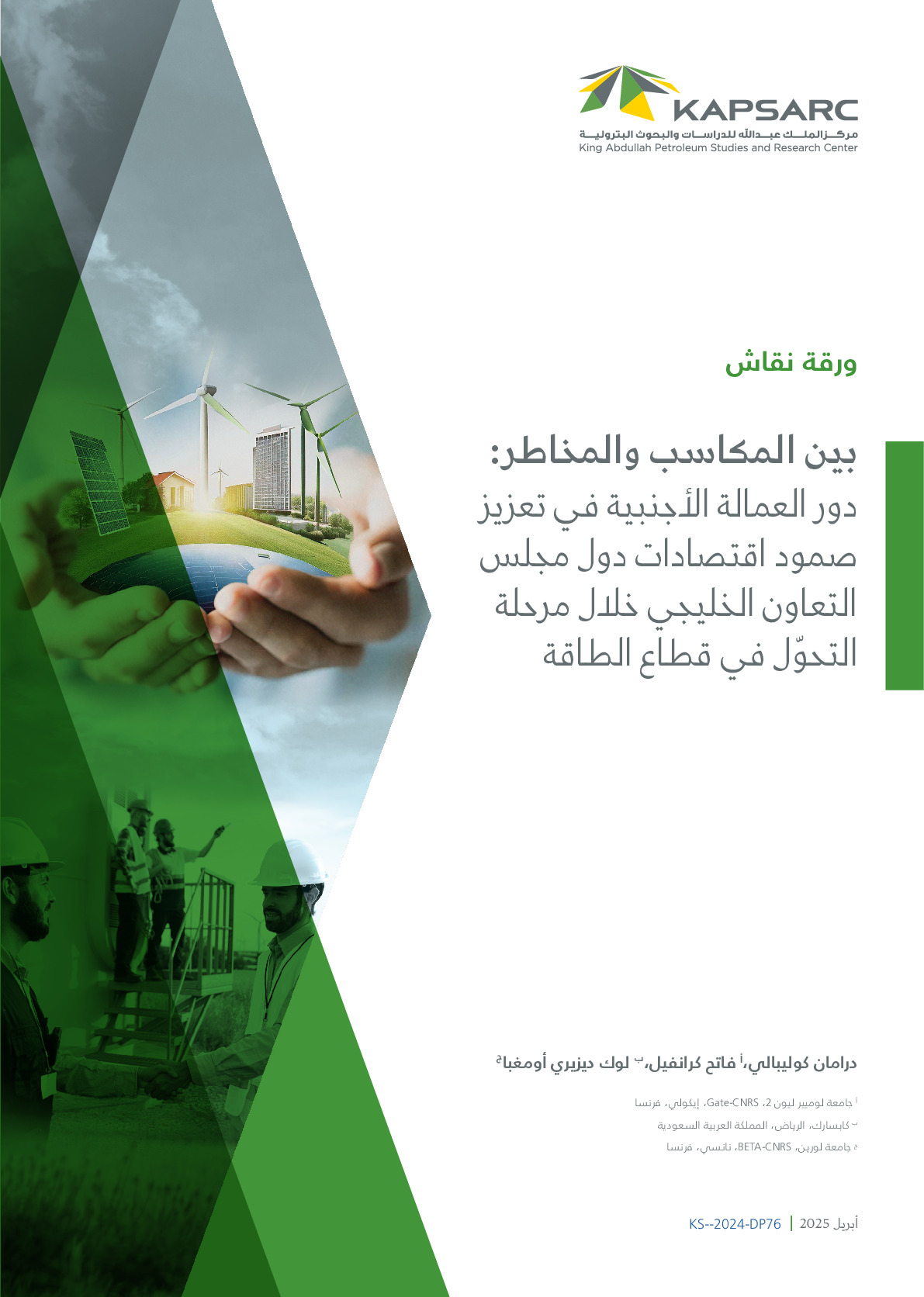For an oil-exporting economy, valuing oil-related cash flows from a public perspective requires using a discount rate equal to the risk-free public rate plus a risk premium. Economic dependence on oil affects the public discount rate for oil-related cash flows in two opposite ways: on one hand, it renders the economy more volatile, which lowers the risk-free discount rate, on the other hand, it increases the correlation between consumption and the oil price, which results in a higher risk premium. To study these two opposite forces and the resulting impact on the valuation of oil-related cash flows, we first provide an overview of the derivation of a public discount rate for an oil-related investment project. Our framework considers economic uncertainty, an oil-price-related risk premium, and allows for valuing the barrel of oil at its opportunity cost. We illustrate our methodology using data from a panel of 26 oil-exporting countries covering the period from 1999 to 2020. Results indicate that a risk-free discount rate of 3.1% is appropriate for our panel of countries. However, to discount oil-related cash flows, a risk premium of 1.4% needs to be added to the risk-free rate, which yields a risk-adjusted real discount rate of 4.5%. We find significant disparities between country-specific public discount rates. Less export diversification tends to be associated with lower discount rates. Additionally, for each country in our panel, we assess the present value of exporting a barrel of oil per day from 2023 to 2040, breaking down the different effects.

زميل رئيسي- الاقتصاد الكلي والجزئي للطاقة
خبير اقتصادي مهتم بالطاقة والبيئة. عمل قبل انضمامه لكابسارك – ديسمبر 2017م – باحثاً في إيكونومكس بالمركز الوطني للبحوث العلمية…
خبير اقتصادي مهتم بالطاقة والبيئة. عمل قبل انضمامه لكابسارك - ديسمبر 2017م - باحثاً في إيكونومكس بالمركز الوطني للبحوث العلمية في فرنسا، وأستاذاً مشاركاً في الاقتصاد في جامعة باريس نانتير، وله العديد من الأبحاث وخبرة في تدريس الاقتصاد القياسي، واقتصاديات الطاقة، واقتصاديات البيئة، وأسهم في العديد من المشاريع التي مولتها منظمات مثل مجلس الطاقة المتجددة الأوروبي، ومجلس الطاقة الفرنسي، ومنطقة إيل دو فرانس. يركز في أبحاثه الحالية على تطوير الأطر الاقتصادية لتقديم الرؤى حول وضع السياسات في مجال الطاقة في الدول المنتجة للنفط. وقد نُشرت أبحاثه في المجلات الاقتصادية الرائدة والمجلات المهتمة باقتصاديات الطاقة.. حاصل على درجة الدكتوراه في الاقتصاد من جامعة بانثون - سوربون في باريس في عام 2008، ودرجة الماجستير في التحليل والنمذجة الاقتصادية من جامعتَي بانثيون سوربون والكلية المركزية في باريس. وهو حاصل على درجة إتش دي آر وهي اعتماد فرنسي للإشراف على أبحاث الدكتوراه
الخبرات
- اقتصاديات الطاقة، واقتصاديات البيئة، والاقتصاديات التطبيقية
الإصدارات عرض جميع الإصدارات فاتح كرانفيل
Energy Transition in Oil-Dependent Economies: Public Discount Rates for Investment Project Evaluation
For an oil-exporting economy, valuing oil-related cash flows from a public perspective requires using a…
24th مارس 2025
بين المكاسب والمخاطر: دور العمالة الأجنبية في تعزيز صمود اقتصادات دول مجلس التعاون الخليجي خلال مرحلة التحول في قطاع الطاقة
For an oil-exporting economy, valuing oil-related cash flows from a public perspective requires using a…
20th يناير 2025
